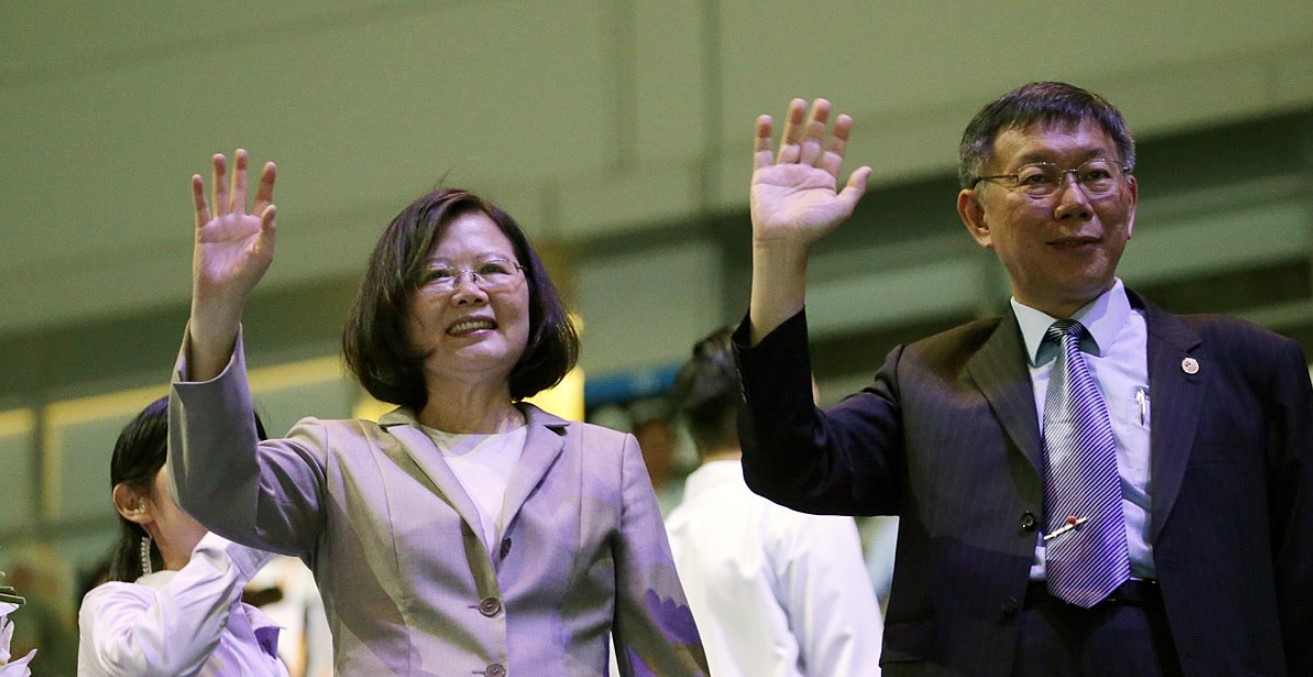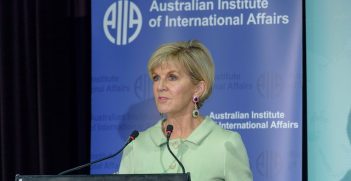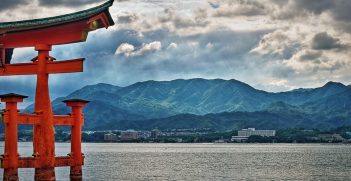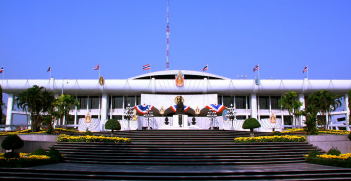Tsai's Tremendous Victory And The Future of Taiwan

Tsai Ing Wen and the Democratic People’s Party came out as the victors of Taiwan’s 2020 elections in a strong rebuke against Beijing. While it affirmed the Taiwanese people’s attitudes towards China, it still does not provide a clear path forward.
On 11 January 2020, Taiwan held its presidential elections and re-elected Tsai Ing Wen as its president. Tsai, the leader of the Democratic People’s Party (DPP) won by an enormous margin, with 57.1 percent of the popular vote, compared to the 38.6 percent won by her Kuomintang (KMT) rival, Han Kuo Yu.
Elections for the Legislative Yuan also happened on the same day, with the DPP retaining a majority but by a slimmer margin than in the 2016 elections.
Arguably the biggest issue of the election, and also the issue that differentiated parties from each other, was Taiwan’s relationship with China. Should Taiwan begin a formal move towards independence? The DPP believes it should – which arguably gave it its landslide victory over the relatively pro-Beijing KMT.
The Context
Before diving into the intricacies of this election, it is important to revisit the historical context of cross-strait relations.
After Mao Zedong’s Chinese Communist Party (CCP) defeated Chiang Kai-Shek’s KMT and won the Chinese Civil War in 1949, Chiang and the KMT fled to Taiwan. There, Chiang set up the Republic of China, presiding over a dictatorship that aimed to one day re-take mainland China. Taiwan, officially the Republic of China, was regarded as the “legitimate” China by the international community until the 1970s, when recognition slowly shifted to the People’s Republic of China.
Taiwan would be governed by martial law until 1996, when it featured its first ever presidential election. Since then, Taiwan has featured free and fair elections, with two seamless, successful power transfers: when the KMT won government in 2008, and when the DPP won government in 2016.
In 1992, with the KMT in power, Taiwan and China signed the “1992 Consensus,” agreeing to the One China Policy. This meant that both Taiwan (the Republic of China) and mainland China (the People’s Republic of China), who both claim to be the “legitimate” China, would agree to work towards some kind of unification. Whether this consensus remains the status quo today is a controversial topic within Taiwan and has been a major point of contention between the two major parties.
Reasons for the DPP’s win
The victory of the DPP was undoubtedly a result of the 2019 protests in Hong Kong. In the lead-up to election day, pro-DPP campaigners in Taipei held banners highlighting the dangers of re-unification with China, citing the plight of Hong Kong as a prime example.
Beijing hopes for reunification with Taiwan to be through the “one country, two systems” policy not unlike that of Hong Kong’s – in fact, the policy was originally designed by Deng Xiaoping with Taiwan in mind. However, the precedent set by the CCP in Hong Kong does not bode well for hopes of reunification. In 2019, Hong Kong saw the promise of a “separate system of democracy, human rights, and the rule of law within officially Marxist China” eroded by the CCP. Many who have attempted to speak out against Beijing’s encroachment have faced persecution and police brutality. Taiwan sees itself going down a similar path if reunification were to occur on such terms. They believe their cherished democracy and its institutions would follow Hong Kong’s and be slowly abrogated by the CCP. Public sentiment reflects this, with a survey in 2017 showing only 9.8 percent of Taiwanese seeing Hong Kong’s model as a suitable model for Taiwan. This number would undoubtedly have fallen further in 2019.
This was also something the KMT recognised, with Han Kuo Yu changing the KMT’s traditional party line and also expressing his disapproval of the “one country, two systems” policy in an attempt to gain popularity. However, Tsai’s unequivocal cries for independence drowned out Han’s relatively ambivalent stance.
Another reason for Han Kuo Yu’s defeat was how he portrayed himself. He employed crude, populist, Trump-like tactics in his campaign, using “raucous, anti-intellectual rhetoric.” Furthermore, months before announcing his bid for the presidency, he was elected the mayor of Kaohsiung, Taiwan’s second-largest city. By running for president, he alienated his own geographical voting base by treating the mayorship as a steppingstone towards Taiwan’s top job. This was reflected in Tsai’s massive wins in Kaohsiung in these elections.
What will this mean for Taiwan’s relationship with China?
An official statement reiterated that Beijing would oppose any attempt at formal separatism; that there is only one China and Taiwan is part of it. This echoes the resolute sentiment voiced by Xi Jinping in 2018. The CCP leader also stated that he would “respect the current social system in Taiwan and the lifestyles of the Taiwan compatriots,” but unequivocally asserted that China would not hesitate to take Taiwan by force if Taiwan were to formally seek independence.
The state-run China Daily said that Tsai had an
“opportunity to mend her ways” but “by dialling down the confrontational approach she has taken toward Beijing, she would not only ease the cross-Straits tensions, which have been rapidly worsening over the past couple of years, but also prevent the island being recklessly used by Washington as a pawn in its games.”
The Future
From here, Taiwan has three choices. Firstly, to unify with China under the “one party, two systems” style of rule, which Taiwan effectively rejected by re-electing Tsai. Secondly, Taiwan could maintain the status quo, where its international status remains in limbo and Beijing doubles down in its efforts to seek a unified China. An example of this is Beijing pressuring allies and recognisers of Taiwan to cease doing so. However, China’s continued pushing of Taiwan will likely result in further escalations of tensions in cross-strait relations – perhaps driving the DPP towards another win in the 2024 elections. The third option is formal independence – and the prospect of the use of force by Beijing to prevent this. Prospects of formal independence in the near future are therefore unlikely and Taiwan would likely maintain the status quo.
Bolwen Fu is undertaking a Bachelor of Law (Hons) and Bachelor of Arts (Hons) at the Australian National University. He is the current editor of Australian Outlook.
This article is published under a Creative Commons Licence and may be republished with attribution.





